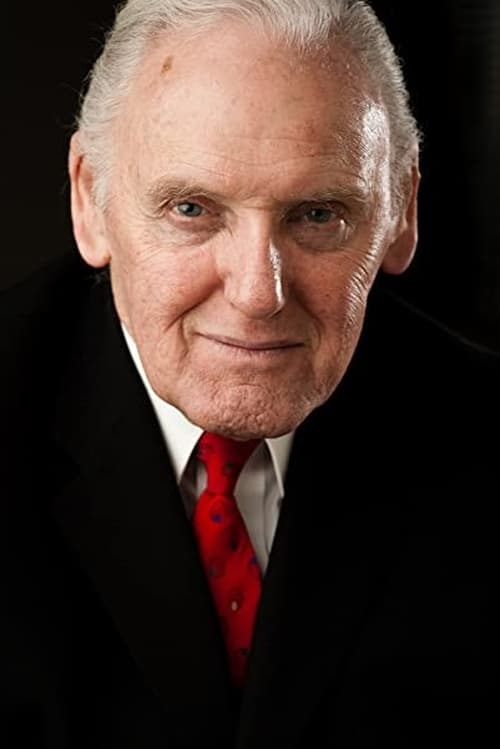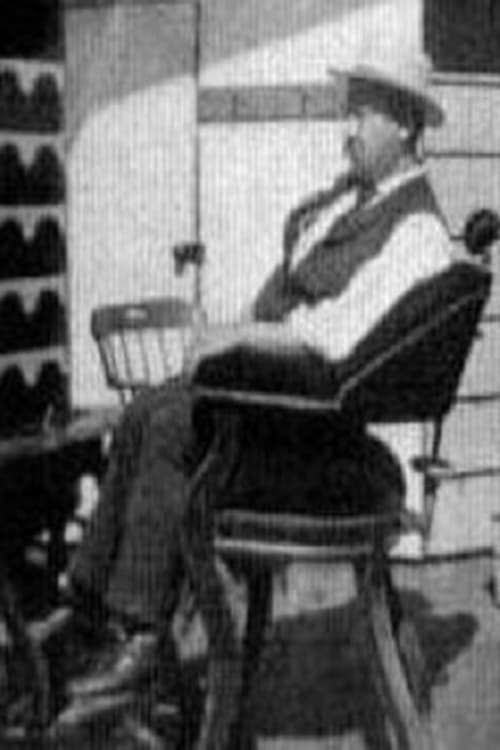Ambulance at the Accident (1897)
Género :
Tiempo de ejecución : 1M
Director : William Heise
Sinopsis
The victim is lying on a trolley car fender. Ambulance drives up and the injured man is removed in a stretcher.

This picture is very notable from the fact that at the end of the scene, after the run-by of various engines and hose wagons, an engine was forced out of its course into the Biograph camera, smashing it to bits. The negative was saved out of the wreck and presents a remarkable photographic illusion, inasmuch as one who looks at it gets the effect at the end of the picture, of a fire engine at full tilt dashing directly toward him.

A woman is hanging out wash on a roof. Below the edge of the roof, a man peers up at her while painting the eaves. The director, in order to add zest to the film, had threads attached to the hem of the woman's garments to make it appear as though the wind was blowing her skirts and allowing the painter to see what he should not. The woman hanging out the wash suddenly discovers the illicit observer, picks up a bucket filled with soapy water, and throws it upon him.

The tops of some buildings are visible in the background. The camera was elevated several stories above the ground. In the immediate foreground, close to the camera position, is a cable that has been stretched across the amusement park midway from the tops of the buildings. Someone hanging by the teeth from a pulley on the wire approaches the camera and the film ends. Novelty act.

A beautiful young blonde woman in scanty attire is seen reclining in the center of a set of a spider web. A well-dressed young man passes in front of her. She attracts his attention and encourages him to approach her. At first he is reluctant but then goes up and kisses her hand.

Photographed from a one-camera position, as if in the audience, there are four tumblers performing for a crowd of customers in the midway of an entertainment area.

A low-rent traveling theater troupe performs a very bad version of 'Uncle Tom's Cabin'. The theater manager steals the box office proceeds and the performers have to walk back to New York.

On the Coney Island steeple-chase, the wooden horses dash up and down the inclines with weird effect. The picture shows a crowd of people, including a number of pretty girls riding down the course.

Shows the discomfiture of those who are seated behind large hats at the theatre.

The film shows an unusual type of railroad car designed to go over or under an oncoming car instead of around it, as conventional railroad cars must do. Each car not only runs on tracks but also has a set of tracks over its top, permitting an oncoming car to go over it. The camera was placed close to a platform on which the passenger-laden train ran, and the over-and-under vehicle demonstrated its unusual capabilities several times.

A poor woman abandons her younger baby on the steps of a rich couple's house. She returns home to find herself evicted and her older child missing. She returns to the rich couple's house and collapses. Eventually a policeman helps reunite her with her children.

A single-camera position film of a merry-go-round at an unidentified location. The carousel makes about ten revolutions during the film.

Showing the steamship Edgar loading a portion of two million feet of yellow pine lumber by the Anderson Lumber Company, of Charleston, S. C. The lumber is floated alongside the vessel and picked up by the derricks on the vessel. A great gang of colored men are shown chopping and pushing the lumber alongside the vessel.

Positively the most wonderful series of pictures ever secured by an animated picture camera. The first scene is taken from the pond of the chutes, and shows a number of boats laden with gay Coney Island pleasure-seekers coming down into the water in rapid succession. The next scene is taken from the top of the incline, showing the boats being loaded, starting away, running down the chutes and dashing into the water. The next and most wonderful picture was secured by placing the camera in the boat, making a panoramic view of the chutes while running down and dashing into the water. Sold complete or in separate lengths.

In 1906 a cameraman boarded a streetcar in Boston and rode around the city, wherever that vehicle took him. The film is exceptional, because it shows Boston's public buildings, its squares and subway construction, as well as the large public library.

The cameraman photographed over the right shoulder of a young woman reclining on a couch while rebuffing the advances of a young man intent on kissing her. Throughout the film, the young woman eludes his advances. Finally, at the end of the picture, she seems to have accepted his persistence as sincere, and she allows him to kiss her.

The camera was positioned on the edge of a large public swimming pool. Many children jump in the water from the edge of the pool opposite the camera and swim toward the camera.

A Lumière street scene of Paris showing the traffic of horse carriages.

A splendid picture of the remarkable centrifuge railroad at Coney Island in which the car makes a complete circle in its course around the track, commonly known as "Loop the Loop."

This shows an acrobatic team performing on a revolving flying ring unit suspended between the towers at Luna Park.

This shows an arranged fight between a terrier and an alley cat. During the length of the film, the spectators harass the animals to a point where they are forced to attack one another.



